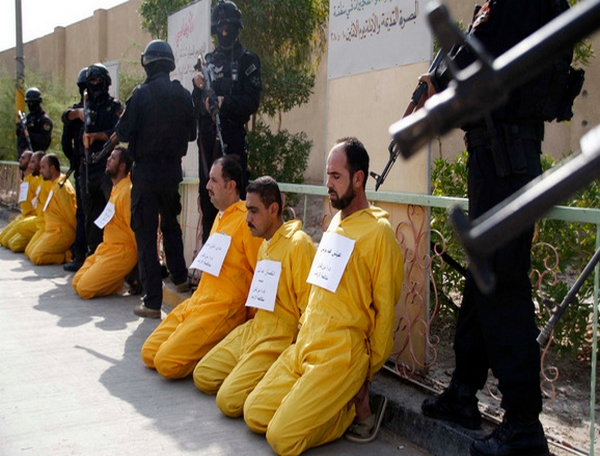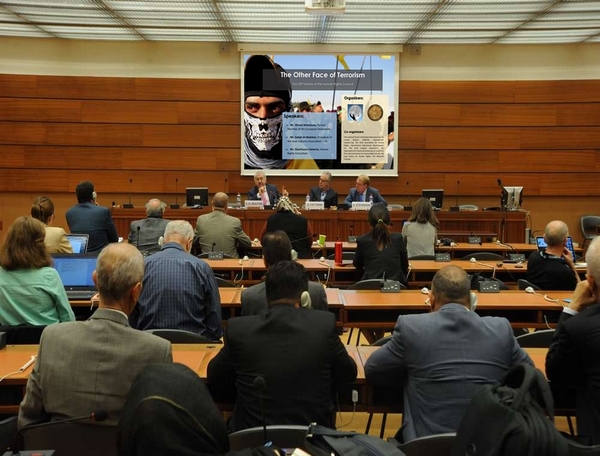19.12.2017
On Thursday 14 December, Iraq stated it has hanged 38 jihadist militants in a mass execution. The Iraqi ministry of Justice, alleged that they were all members of the Islamic State (IS) and convicted of terrorist offences. The mass execution took place in the same prison where 42 militants were hang during another mass execution on 25 September 2017. The prison is located in the city of Nasiriyah, in Southern Iraq.
The United Nations (UN) and multiple international advocacy groups, including GICJ, have repeatedly condemned Iraq’s handling of the situation and their use of the death penalty.
Liz Throssell, a spokesperson of the Office of the UN High Commissioner for Human Rights (OHCHR) stated the following to the media after the mass executions on 14 December: ‘The mass execution […] once again raises huge concerns about the use of the death penalty in the country.’ Later she added: ‘Given the flaws of the Iraqi justice system, it appears extremely doubtful that strict due process and fair trial guarantees were followed in these 38 cases.’
Due to the lack of transparency concerning the details of the identities and trials of the convicted, GICJ doubts the fairness of the trials of the convicted.
As GICJ has stated before, Iraq’s judicial system does not comply with the fair trial standards as set by international human rights law. Many suspects experience torture, are denied legal representation and are subject to an extremely speedy trial, often lasting no longer than a month, before being sentenced with the death penalty. Additionally, due to partial and corrupt judges and the interference of the executive power, Iraq’s judicial system is plagued by arbitrariness which greatly hinders fair and transparent trials.
Since the adoption of the Anti-Terrorism Law No. 13 in 2005, acts of terrorism are broadly and loosely defined. In the 2005 Law, terrorism is defined as ‘any criminal act carried out by one or more persons against the security and stability of the state and/or against persons or groups of persons deliberately or blindly’. The definition also includes acts that aim at ‘damaging public or private assets or of causing terror, fair or panic among populace.’ In practise, this loosely defined notion, Iraq’s weak judicial system and the quickly assigned death penalty lead to the loss of innocent lives under the banner of Anti-Terrorism.
As stated earlier, GICJ strongly condemns the use of the death penalty and urges the concerned bodies of the United nations and the international community to call upon Iraq to not only halt further executions immediately, but also to review its judicial system in order to ensure the rights of those involved. GICJ underlines the importance of an independent and carefully executed trial that protects those who are innocent and gives those who are found guilty a humane sentence proportional to the crime they were convicted of.
Moreover, GICJ stresses the importance of a fair trial, in which the rights of the suspect are carefully safeguarded, in order to provide justice to the victims of violence in Iraq, which is essential in creating enduring peace in the country.
Documenting and reporting human rights violations in Iraq
| Executions | Human Rights Violations in the context of fight against terrorism | Peaceful protests | ||||
 |
 |
 |
||||
 |
 |
 |
||||









